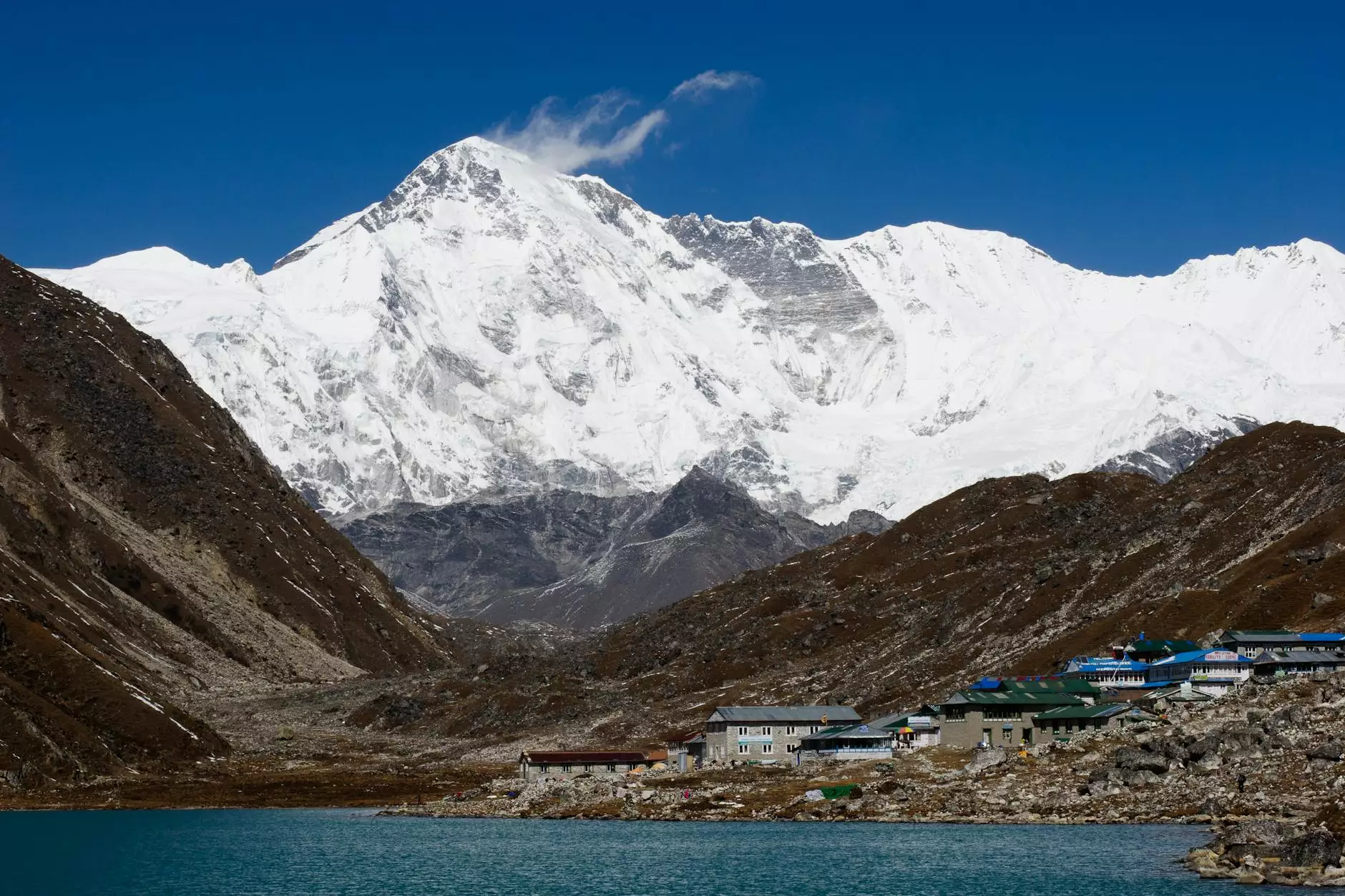How Much Does It Cost to Climb Everest?

Climbing Mount Everest, the highest peak in the world, is a dream for many adventurers seeking the thrill of summiting the roof of the world. However, this once-in-a-lifetime experience comes with its own set of challenges and financial considerations. In this article, we will delve into the cost of climbing Everest, breaking down expenses associated with permits, equipment, guides, and other factors to help you prepare for your journey.
Understanding the Basic Costs
When asking yourself, "how much does it cost to climb Everest?", it's essential to consider multiple factors. Depending on the route you choose, the season, and the services you require, the total cost can vary significantly. On average, climbers can expect to spend between $30,000 to $100,000 for the entire expedition. Below are the primary costs to consider:
1. Climbing Permit
The first significant expense you will encounter is the climbing permit issued by the Nepalese government. As of 2021, the cost for an individual climbing permit is:
- Standard Permit: $11,000 per person for the spring season.
- Lower Fees: Typically, permits in the autumn are cheaper, around $5,500.
These fees can increase with various factors, like the season, route, or if you are part of an organized climbing team.
2. Guide and Support Team Costs
Another crucial cost is hiring experienced guides and support staff. Opting for a guided expedition is highly recommended for safety and logistical support. The costs associated with hiring guides can vary greatly. Here is a breakdown:
- Guide Fees: Approximately $5,000 to $10,000 for a high-quality guide.
- Support Staff: This includes Sherpas, cooks, and porters, costing around $2,000 to $4,000 per team member.
Effective assistance is crucial, as you will rely on your team during the climbing process for both your safety and success.
3. Gear and Equipment
The right gear is essential for any climbing expedition, particularly Everest's harsh conditions. Expect to invest around $3,000 to $8,000 on high-quality equipment, including:
- Insulated jackets and pants
- Climbing boots
- Harness and helmet
- Sleeping bags rated for extreme temperatures
- Trekking poles and crampons
Using reliable and durable gear can significantly improve your chances of a safe and successful climb.
4. Travel and Accommodation
Your journey to Mount Everest also involves travel expenses, particularly flights and accommodation. Here are typical costs associated with traveling to Base Camp:
- Flights: Round-trip flights to Kathmandu typically range from $1,000 to $2,000.
- Accommodation: Expect to pay for hotels in Kathmandu and teahouses on the trek to Base Camp. Budget for about $500 to $1,000 for the entire trip.
Fixing your budget for travel will enhance your overall experience, ensuring you're not caught off guard.
Additional Costs to Consider
Aside from the primary costs mentioned above, there are additional expenses that climbers should anticipate:
1. Insurance
Proper insurance is a must-have for anyone attempting to climb Everest. Look for insurance that covers high-altitude climbing. Costs can be around $500 to $1,500 annually, depending on coverage.
2. Training Expenses
Preparing for the physical demands of an Everest expedition may incur costs for training courses, which can vary widely. Expect to invest about $500 to $2,000 for personal training, gym memberships, and climbing courses.
3. Food and Miscellaneous Expenses
Climbing expeditions also involve food costs, snacks, and miscellaneous expenses which may add an additional $500 to $1,000 or more.
Is Climbing Everest Worth the Cost?
The question of whether the financial investment required is justified depends largely on individual motivations and aspirations. For many, climbing Everest represents not just a financial investment but a vital life experience that rewards adventurers with unparalleled vistas, personal achievement, and lasting memories.
1. Unique Experience
Few experiences can match the thrill of standing atop Mount Everest. The breathtaking scenery and the satisfaction of reaching the summit are unmatched rewards. Many climbers believe that the memories created far outweigh the expenses incurred.
2. Personal Growth
The challenges associated with climbing Everest foster incredible personal growth. Climbers develop resilience, tenacity, and the ability to combat fears, which become valuable life lessons long after the climb.
Tips for Reducing Costs
While climbing Everest can be expensive, there are several ways to minimize costs while still ensuring a safe and successful expedition:
- Research Reputable Companies: Look for reviews and testimonials to find cost-effective expeditions without compromising safety.
- Join a Group: Sharing costs with members on the same expedition can significantly reduce personal expenses.
- Rent Equipment: Renting gear instead of buying can save a considerable amount of money.
- Plan Off-Peak Climbs: Climbing during less popular seasons can often reduce permit fees and overall costs.
Conclusion
In conclusion, answering the question "how much does it cost to climb Everest?" involves understanding the wide-ranging expenses that contribute to the overall financial commitment. From permits and guides to the essential gear and preparation needed, the journey to Everest is not just a financial investment but a monumental personal quest. With the right preparation, planning, and mindset, climbing Everest can be one of the most remarkable adventures of your life.
Plan Your Journey with Himalayan Dream Team
If you're ready to embark on this epic adventure, consider partnering with Himalayan Dream Team. Our experienced team specializes in Tours, Travel Agents, and Hiking, ensuring you have a uniquely rewarding experience on your climb to Everest. For more information on packages and expert guidance, visit our website at himalayandream.team.



